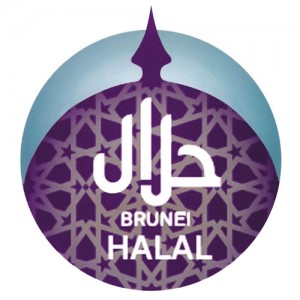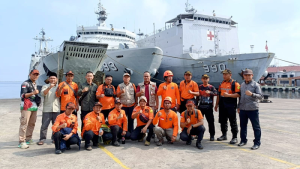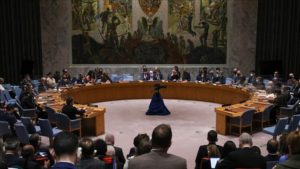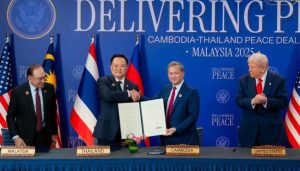Brunei-Halal-Logo-300x300-300x300.jpg" alt="Photo: Halalfokus.net" width="300" height="300" /> Photo: Halalfokus.net
Bandar Seri Begawan, 24 Jumadil Awwal 1436/15 March 2015 (MINA)– Brunei has invited Chinese mainland investors and enterprises to join a $300-million, halal-themed industry park in the Southeast Asian nation, taking into consideration that the mainland has a large Muslim market.
“We hope to lure Chinese companies producing halal foods, cosmetics, pharmaceuticals and functional foods to enter the bio-innovation industry park,” said Gary Ho, managing director of SQW China Ltd.
“After being produced or processed to meet strict halal food requirements for product quality in Brunei, all products will be labeled with a Brunei Halal Certification and exported to the global Muslim market,” he said, halalfokus.net quoted by Mi’raj Islamic News Agency (MINA) as reporting.
UK-based SQW China — an economic and management consultancy — was authorized to formulate the master plan and take charge of the park’s short-term operational management.
Also Read: Packaging Industry Supports Halal Ecosystem
About 64 percent of Brunei’s population is Muslim and the country has a strong reputation among the Islamic community for high halal standards and stringent guidelines for pharmaceuticals, food and cosmetics production. Ho noted that as Muslims currently account for about 25 percent of the world’s population, there’s huge potential in such a market.
“The Middle East is highly dependent on food imports and Muslims in the Middle East, being relatively wealthier, are willing to pay more for high-standard halal food. That will provide a high premium for our business,” he said.
The halal-themed industry park, the first phase of which has been completed, is part of Brunei’s wider economic diversification strategy — the Bio-Innovation Corridor (BIC) initiative — which was created to promote the country’s economic diversification and export trade. “Located in the heart of Southeast Asia, Brunei is an ideal location for developing export and logistics activities. As closer cooperation will help mainland companies ‘go global’ through Brunei and expand their overseas Muslim markets, including Southeast Asia, the Middle East and Africa, it’s also in line with Chinese mainland’s strategic initiative Maritime Silk Road,” Ho said.
The Maritime Silk Road project, officially the 21st Century Maritime Silk Road, is a strategic initiative first proposed by President Xi Jinping in 2013 to increase investments and foster collaboration across the historic Silk Road, including member states of the Association of Southeast Asian Nations (ASEAN), North and South Asia, Africa and Europe.
Also Read: 7th World Halal Summit Held in Istanbul
“If European products are imported into the mainland via Brunei, for example, packed by companies in Brunei, and then shipped from Brunei’s port, it will cost much less than directly importing them from the country of origin because there’ll be no customs tariff.”
The BIC aims to offer up to 28,000 jobs after the entire three-phase halal industry park is completed, with about 9,500 of the jobs related to food processing. “We expect Hong Kong to play a significant role in the trade cooperative strategy, not only in terms of the entry of food manufacturers but also in terms of more management talents and port matching support as well as financial services support,” Ho added. (T/P010/R03)
Mi’raj Islamic News Agency (MINA)































 Mina Indonesia
Mina Indonesia Mina Arabic
Mina Arabic